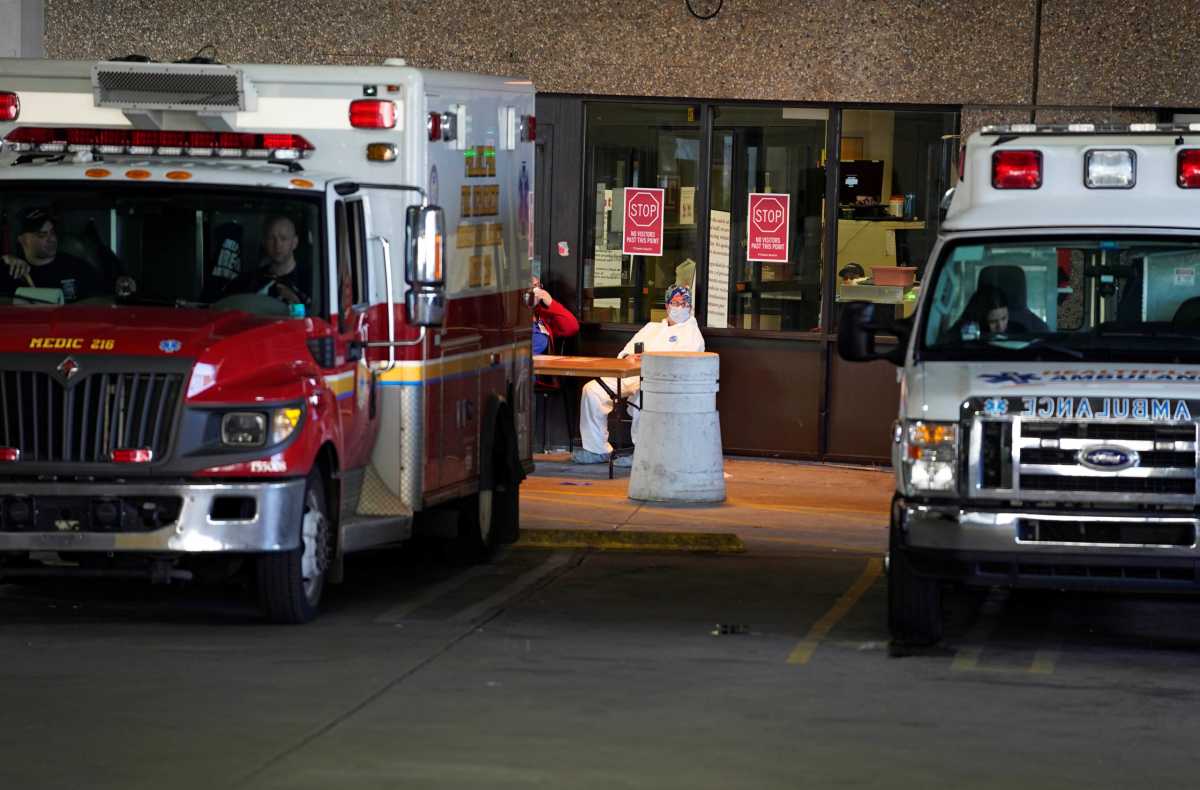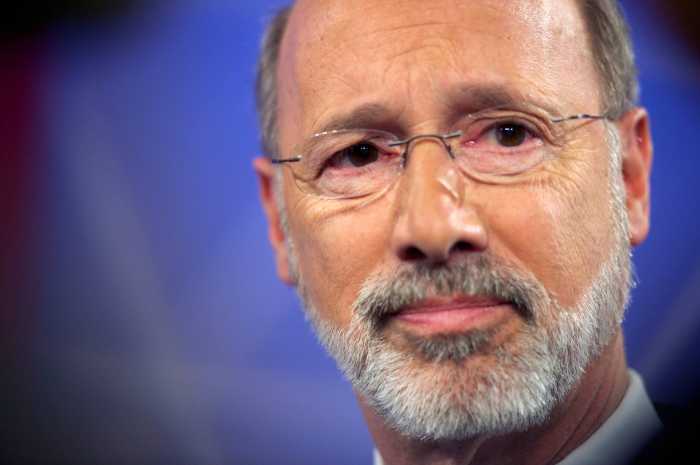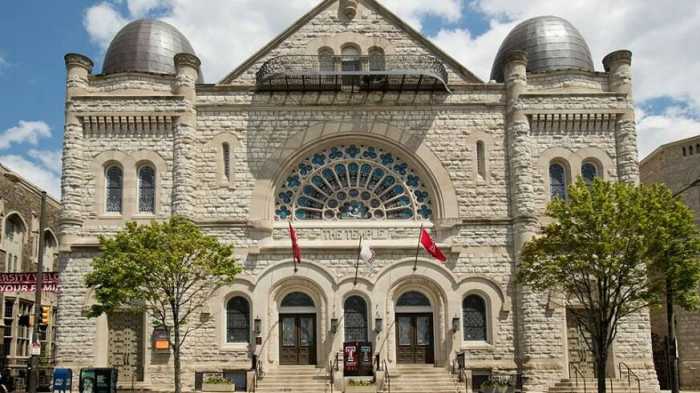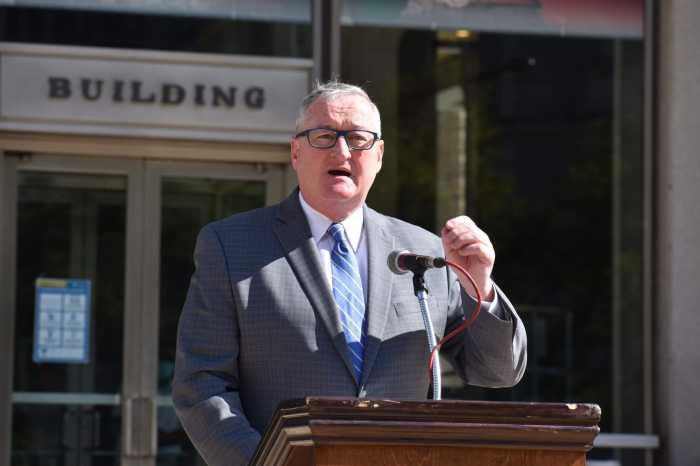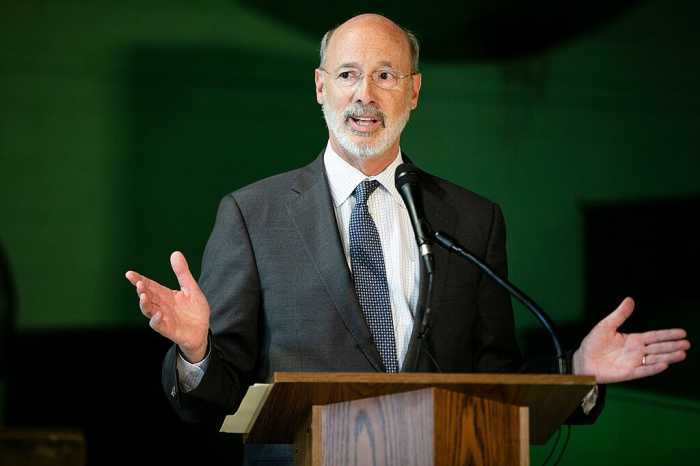Coronavirus deaths and hospitalizations are starting to increase in Philadelphia, Health Commissioner Thomas Farley said, as the city prepares for mitigation measures that will go into effect Friday.
Over the past two days, 20 deaths in the city have been attributed to the virus, and, as of Thursday morning, 542 COVID-19 patients were being treated at Philadelphia hospitals, including 55 who were hooked up to ventilators.
“We’re starting to see the severe outcomes that we worry the most about,” Farley said. “So this is a dangerous period. This is possibly the worst period of the entire pandemic.”
Last week, 29 people died of virus-related illness in Philadelphia. In August and September, the city was averaging 10 to 15 deaths a week.
“Those numbers are rising, and, unfortunately, I have to say, we do expect those numbers to continue to grow,” Farley said during a Thursday afternoon press briefing.
City hospitals still have capacity and haven’t reached the pandemic’s spring peak, when more than 1,000 COVID-19 patients were hospitalized.
However, in Pennsylvania as a whole, about 2,900 people with the virus are hospitalized, more than at any time since the first cases were diagnosed in March.
On Thursday, single-day case counts again reached an all-time high in the state, at 7,126. Philadelphia, meanwhile, recorded 765 new cases.
New Jersey and Delaware have also been registering record infection rates in recent days.
Farley said nursing homes, which have accounted for about half of the city’s death toll of 1,945, are seeing a spike in cases, and 26 inmates have tested positive after one began showing symptoms inside the city’s jail system.
Philadelphia’s most aggressive restrictions since nonessential businesses were shuttered in March will take effect Friday at 5 p.m. and remain in place until Jan. 1.
Gyms, museums, libraries, bowling alleys and movie theaters will have to close their doors, and restaurants will no longer be able to offer indoor dining.
In addition, indoor gatherings of any size will be banned, and outdoor events will be capped at 10% capacity, up to a maximum of 2,000 people, with no eating or drinking permitted.
Retail stores can remain open at 5% capacity, and barber shops and salons can continue operating.
Farley said he understands the frustration of business owners who believe they may not survive another round of restrictions, but he believes the rules are necessary to control the epidemic.
“If we don’t act now, there’s a risk that our hospitals may be overrun, we may have hundreds or a thousand deaths just before the end of this year,” he said. “And also remember that these restrictions are temporary, just six weeks, but death is permanent.”
COVID-19 is spreading within households, at small social gatherings and over lunch at offices and healthcare facilities, Farley said.
It appears from contact tracing interviews that more spread occurred at Halloween parties than election-related demonstrations and celebrations, he added.
More than half of those infected don’t know how they contracted the virus, a number that is growing, officials said.
With the rising number of cases, tracers are now unable to contact a majority of people who test positive, Farley said, so the health department is encouraging those who are infected to reach out to their own contacts.
People who should be notified are those who spent more than 15 minutes within 6 feet of an infected person starting two days before the person started experiencing symptoms.
Residents can contact them anonymously through a website, www.tellyourcontacts.org. Contacts should self-quarantine for 14 days from the date of exposure and get tested after seven days.
The demand for testing has skyrocketed in recent weeks, and an average of 7,100 people are being tested every day in Philadelphia, the most since the start of the pandemic.
Some laboratories that process tests are getting backed up, Farley said, so results that used to take one or two days to come in may take two or three.



